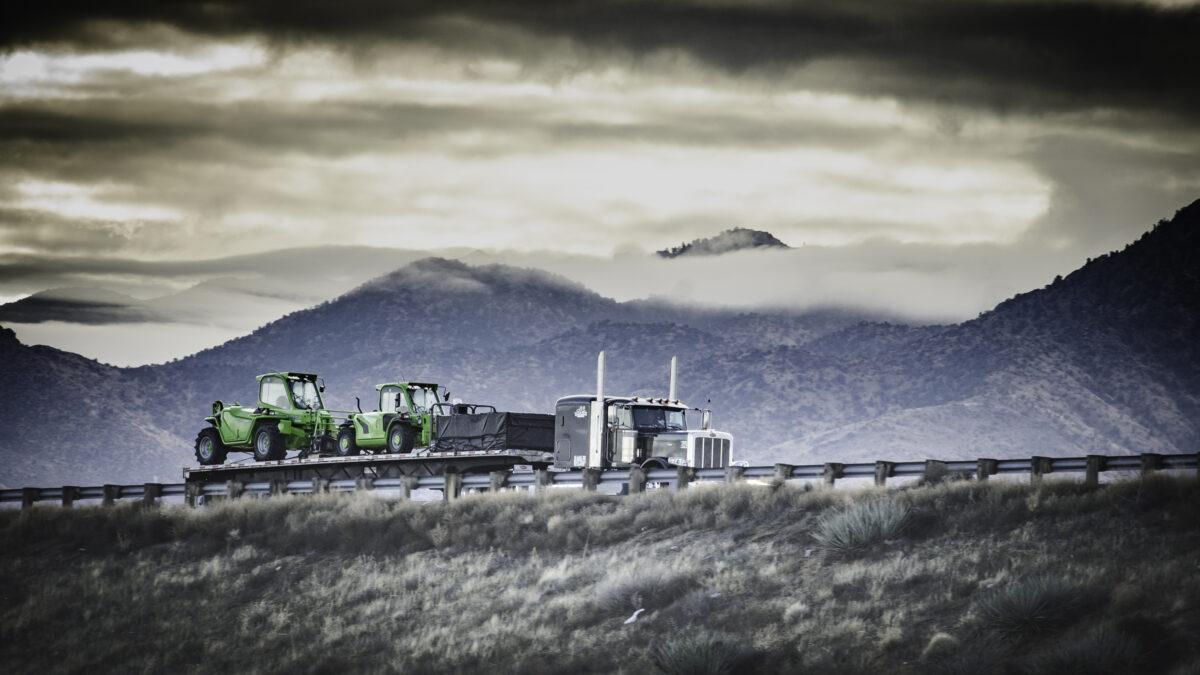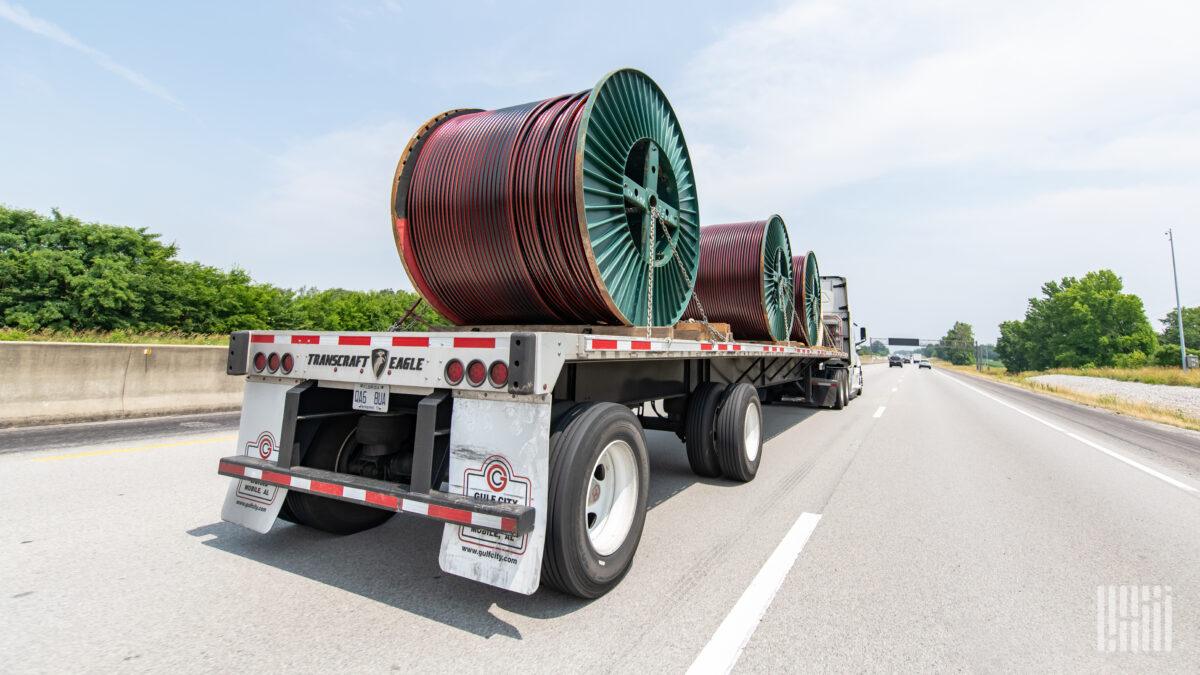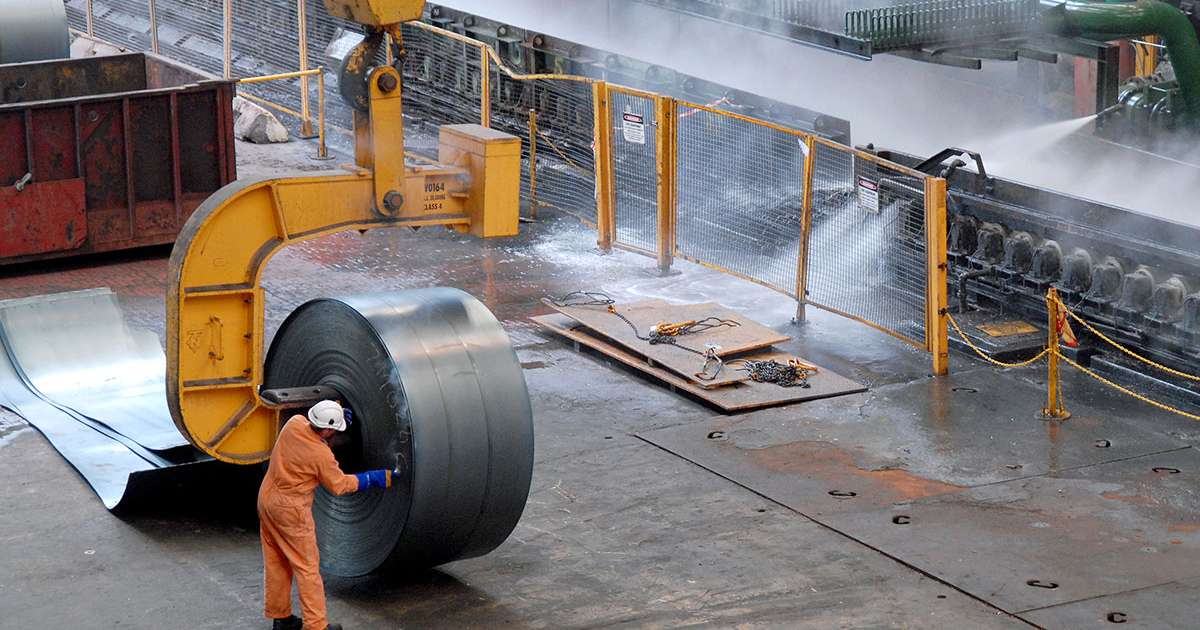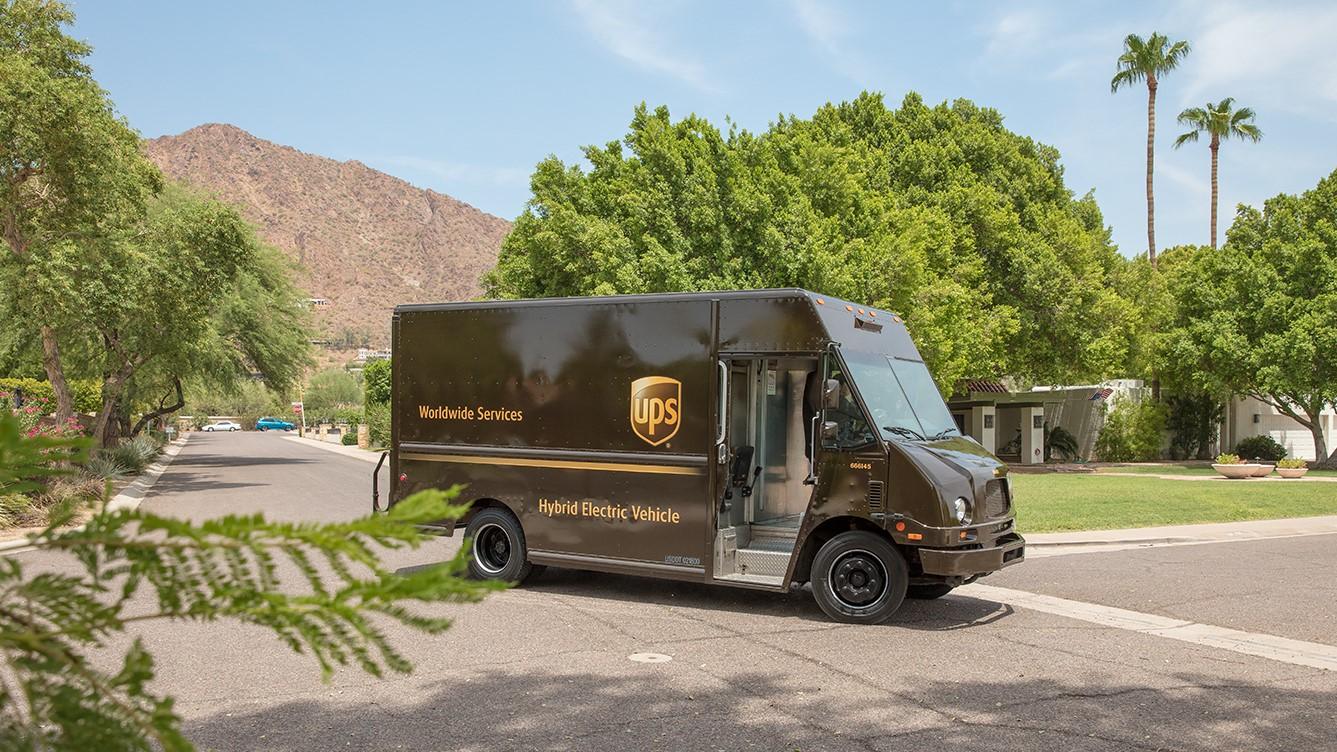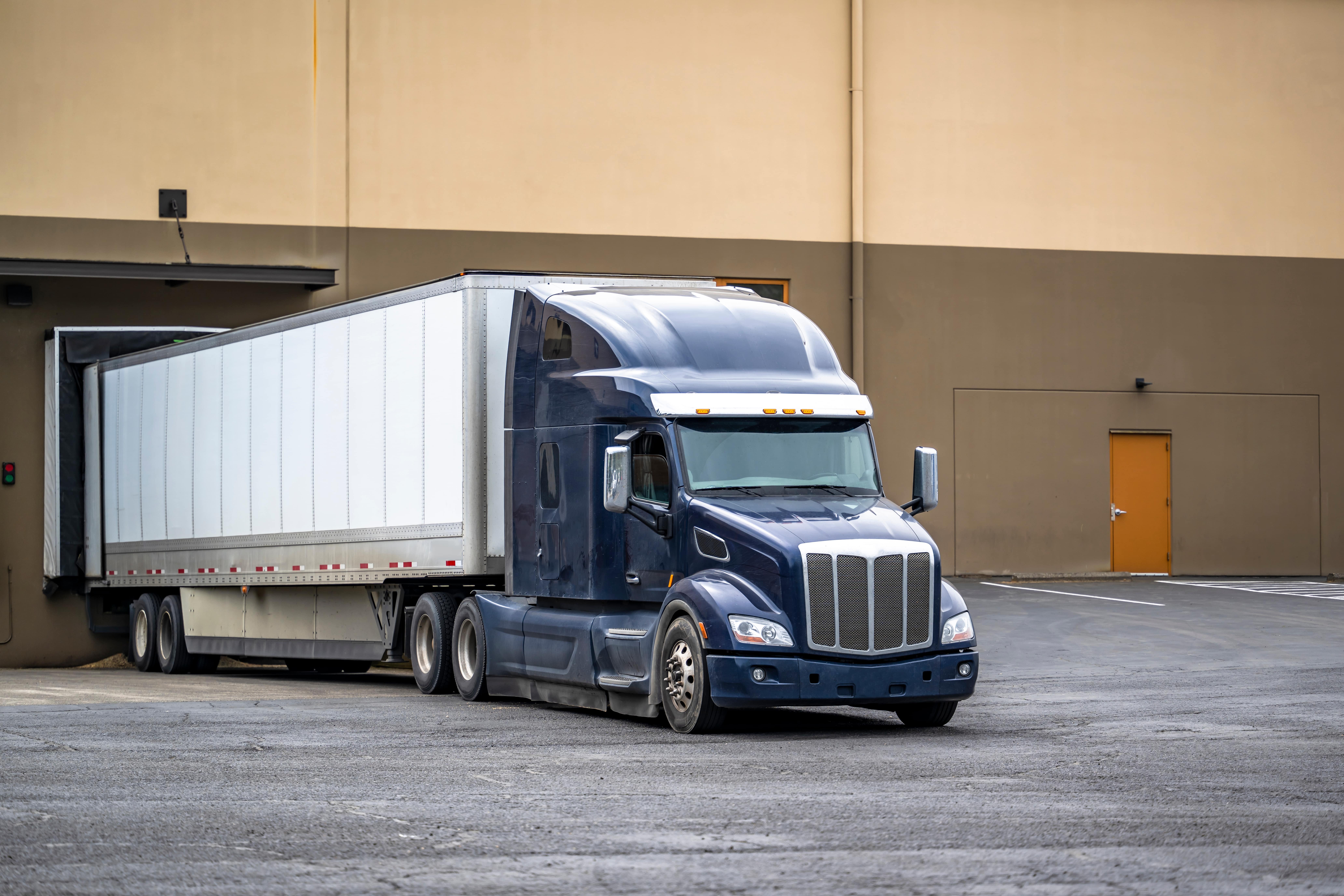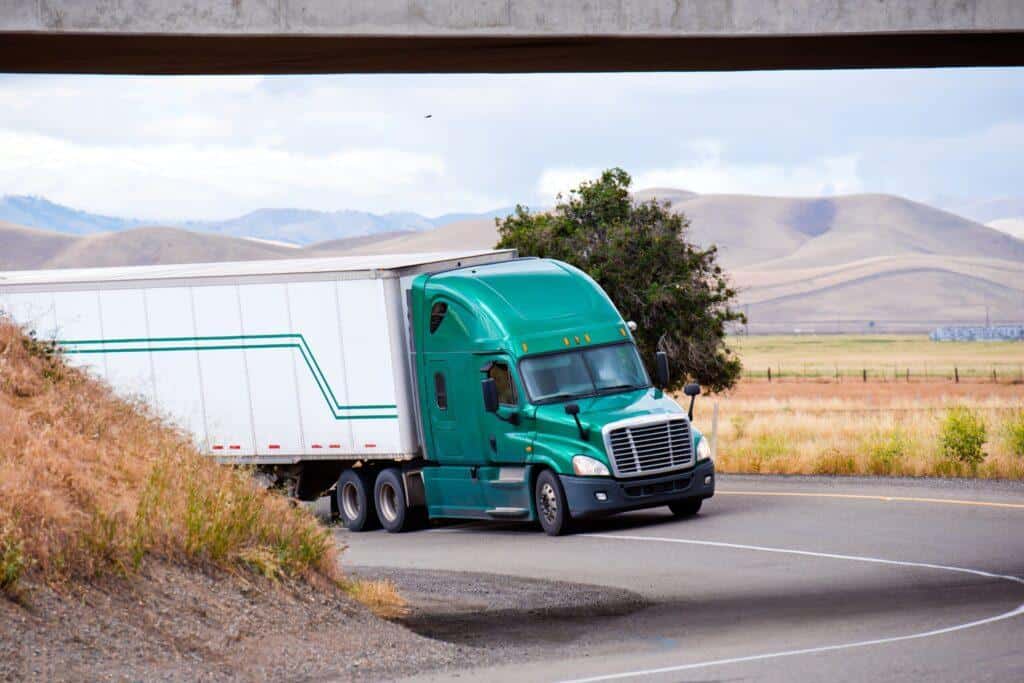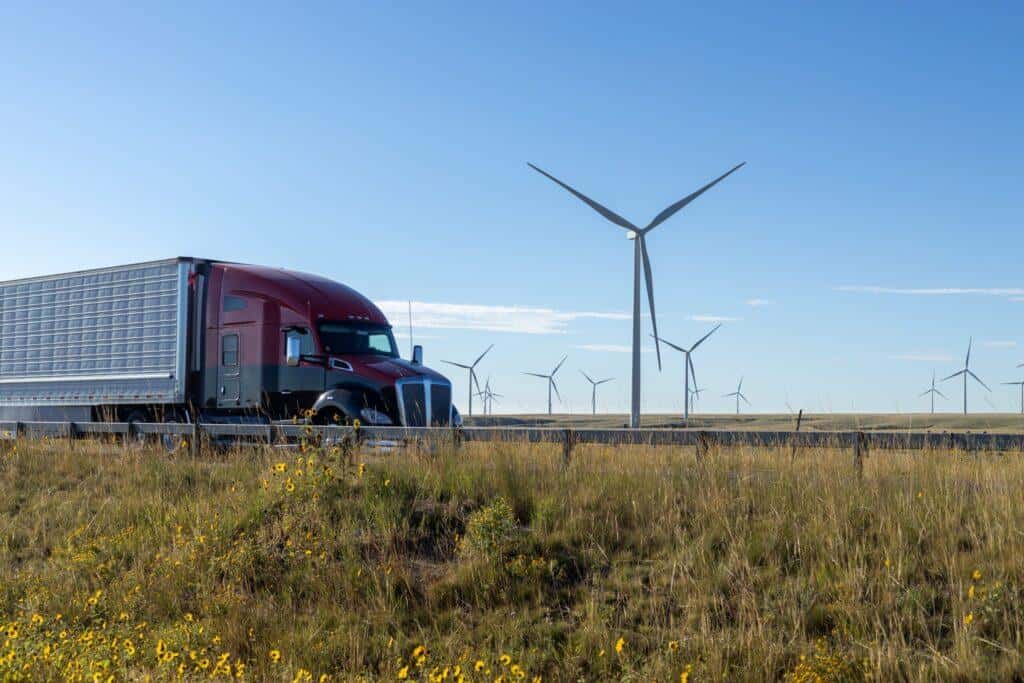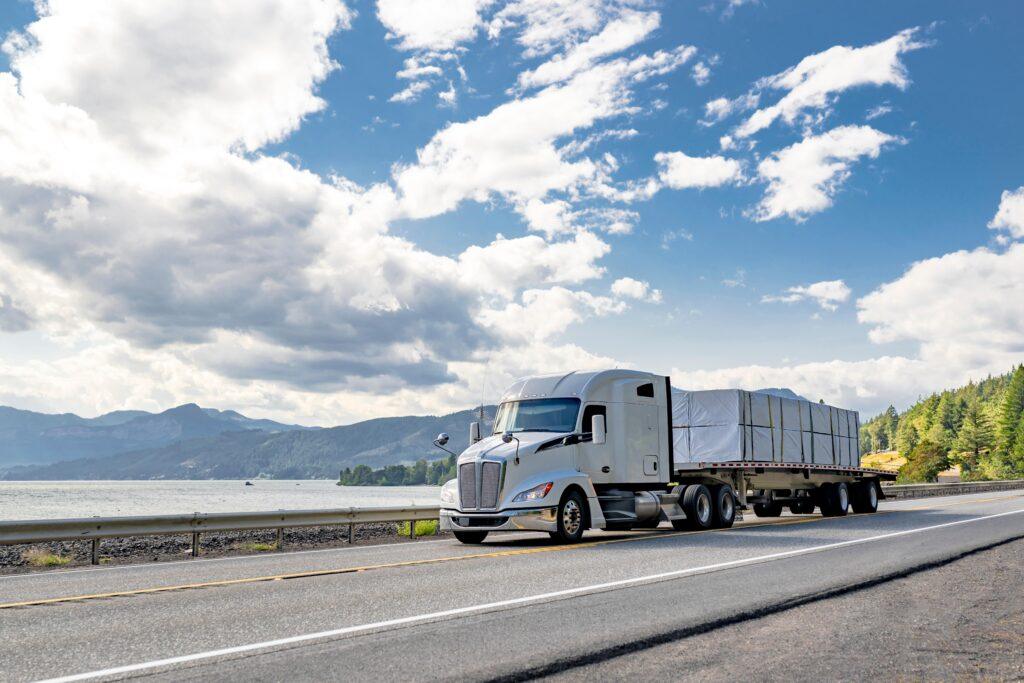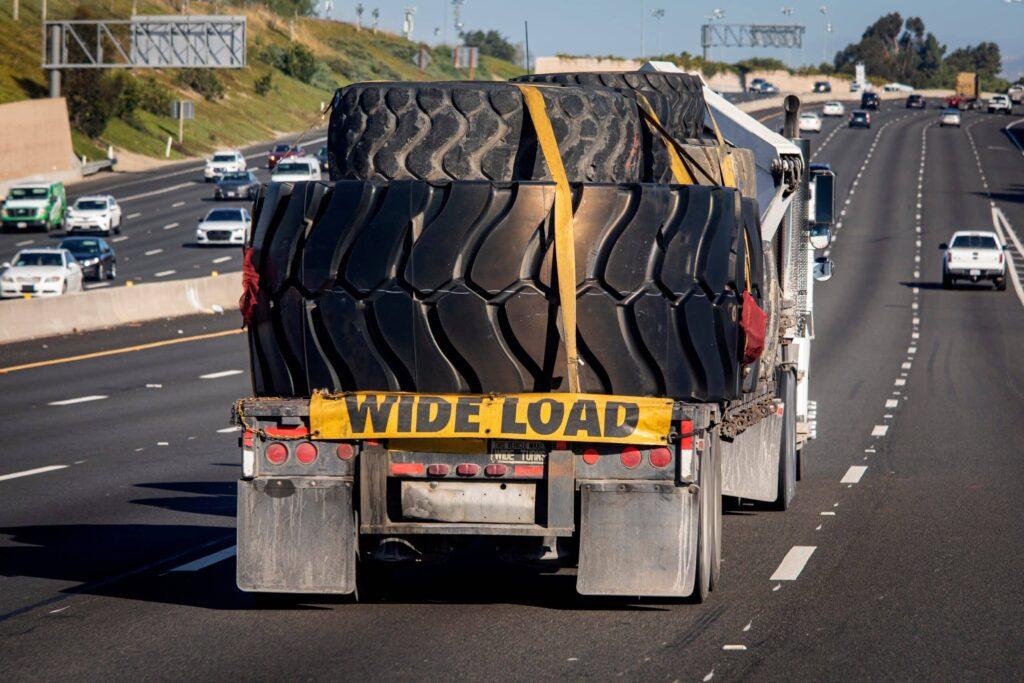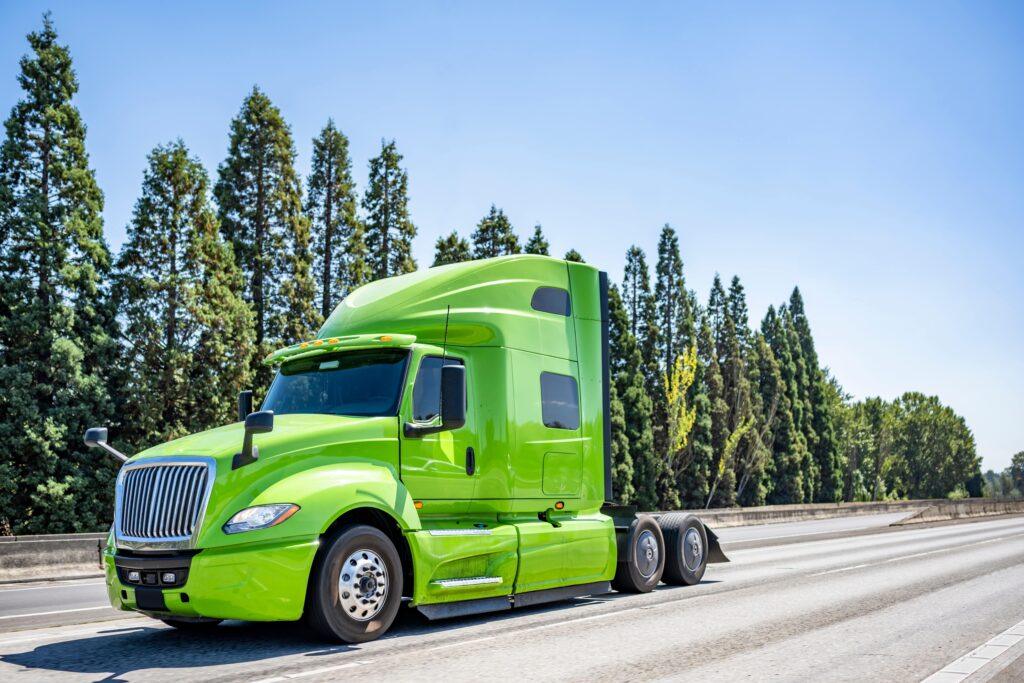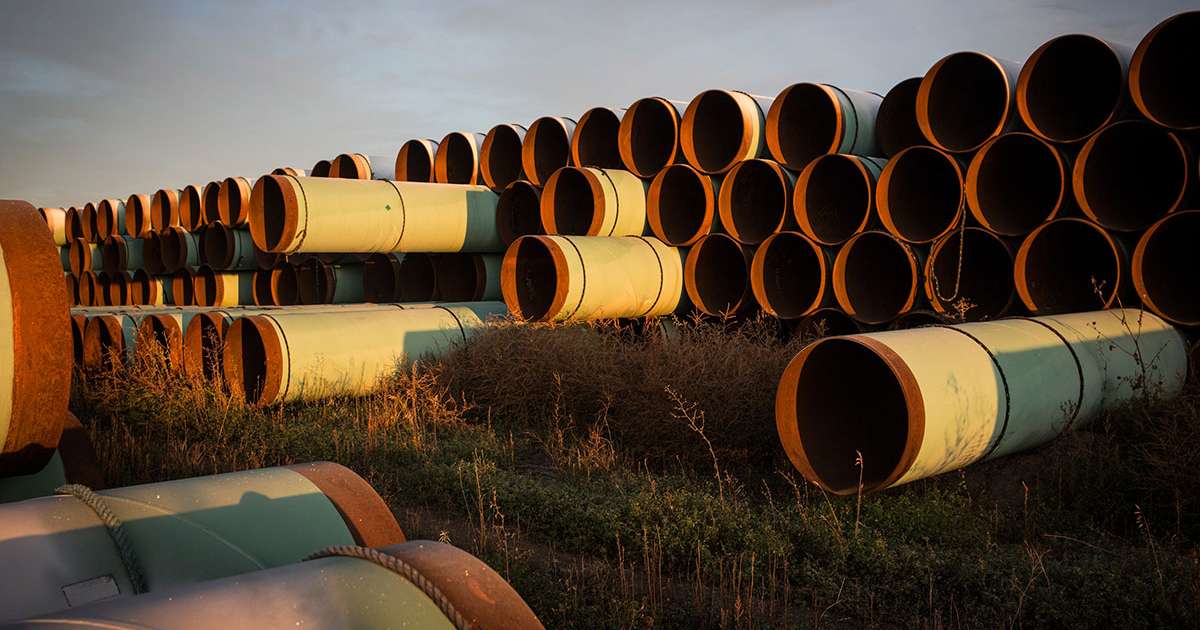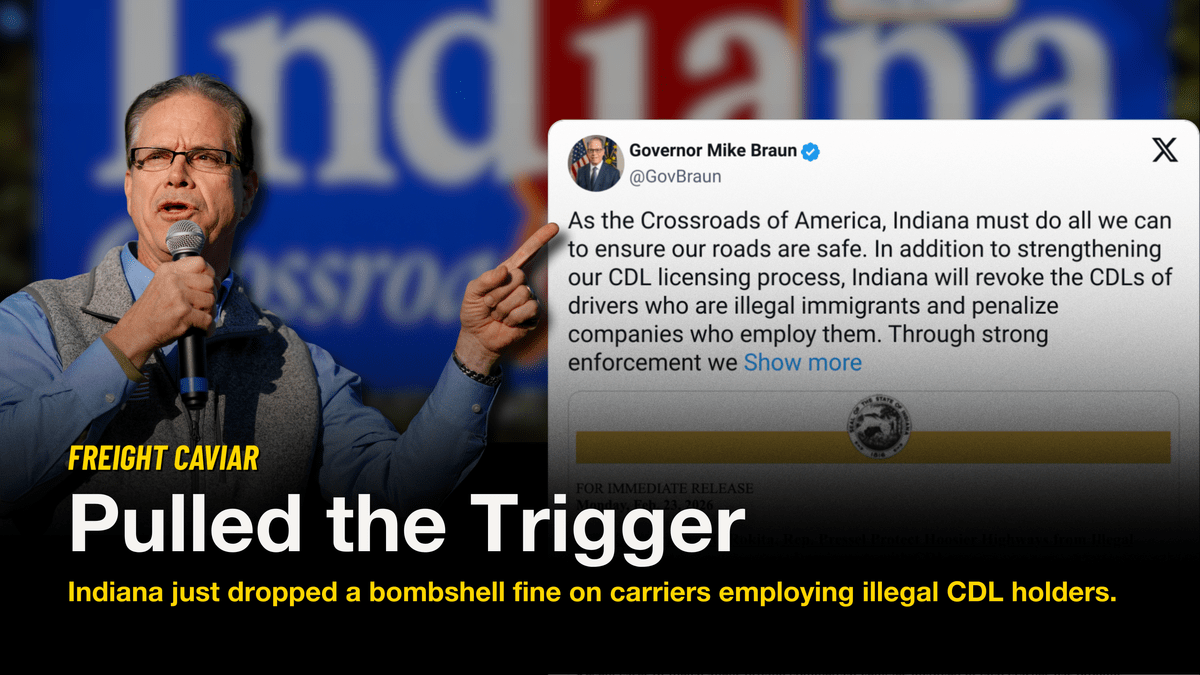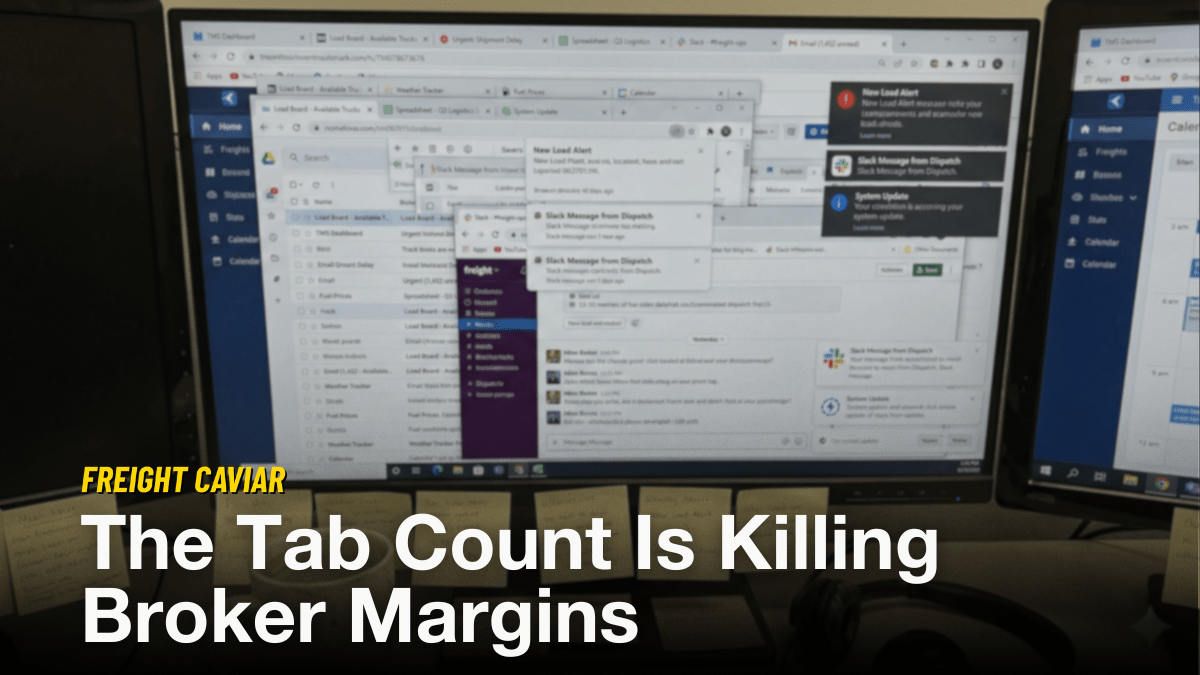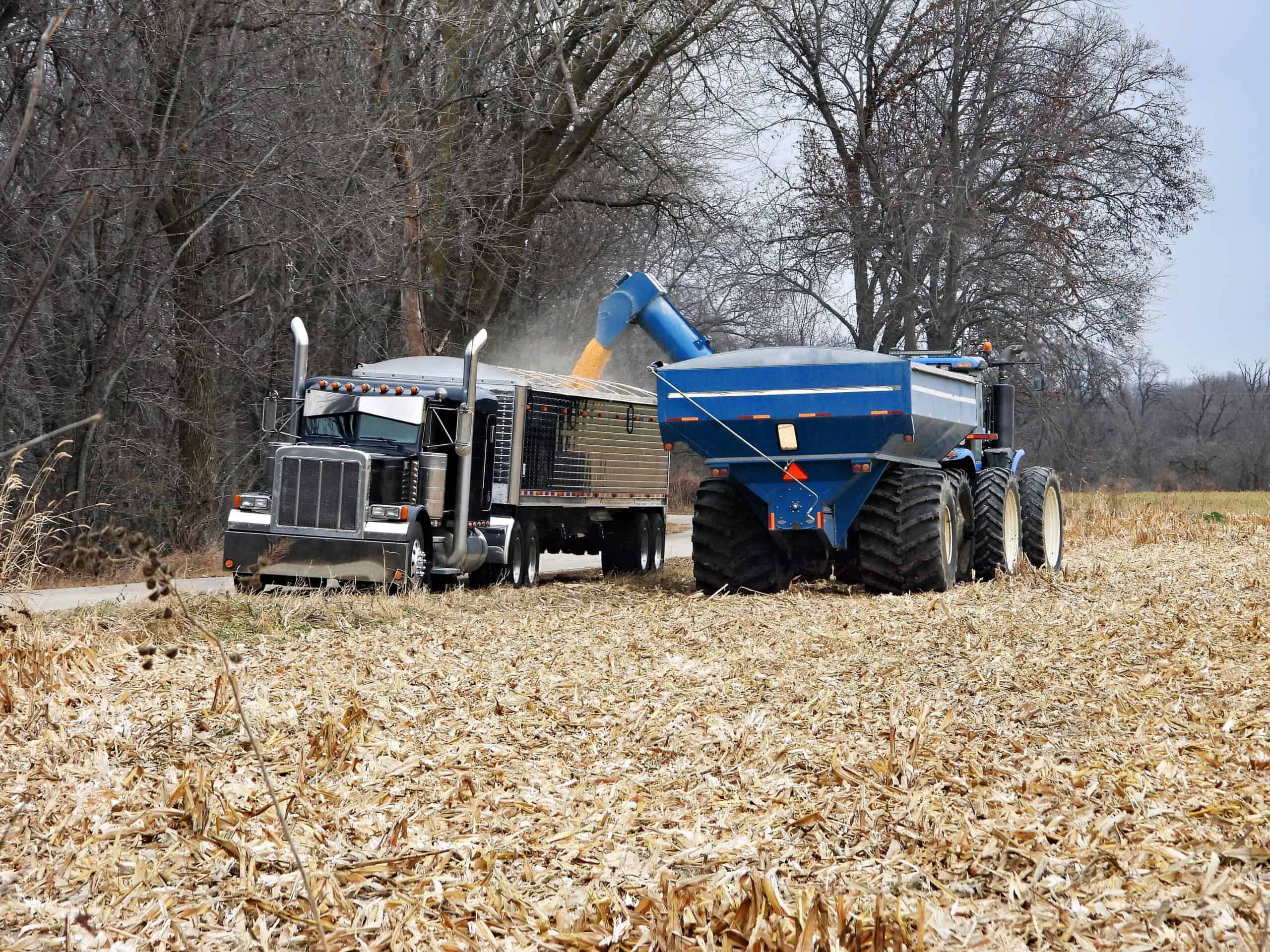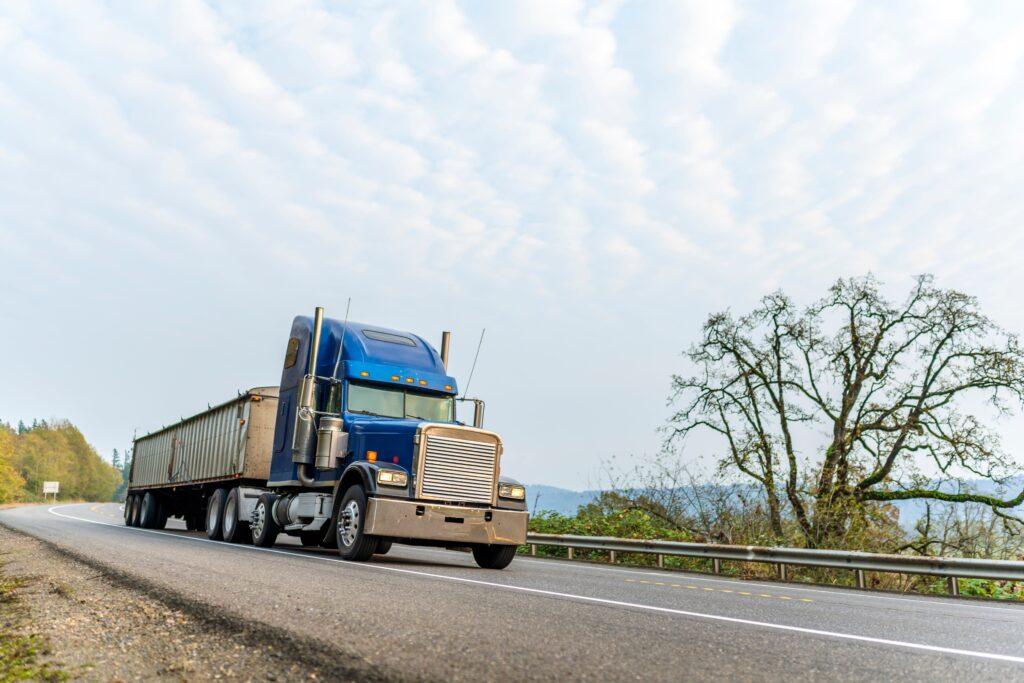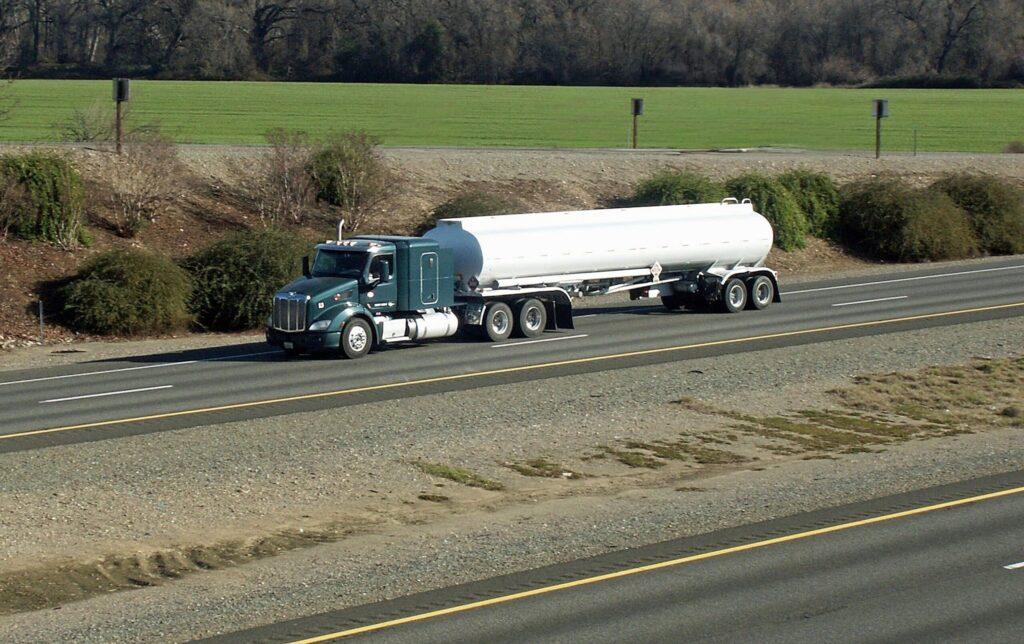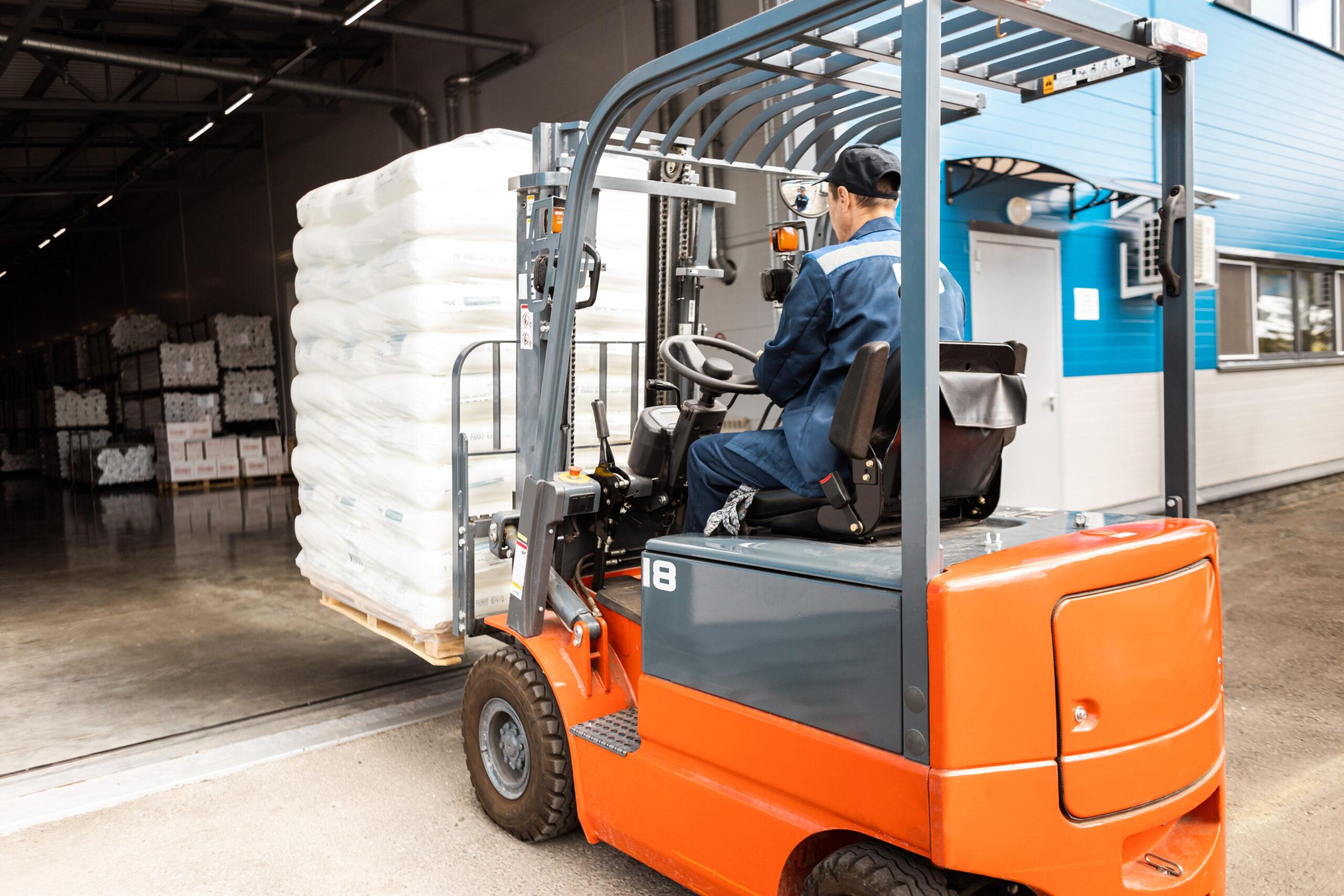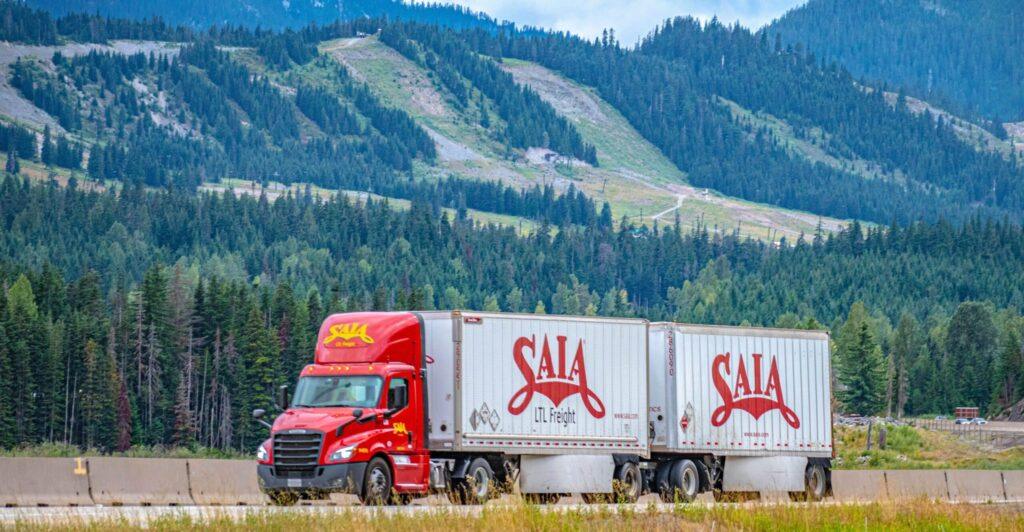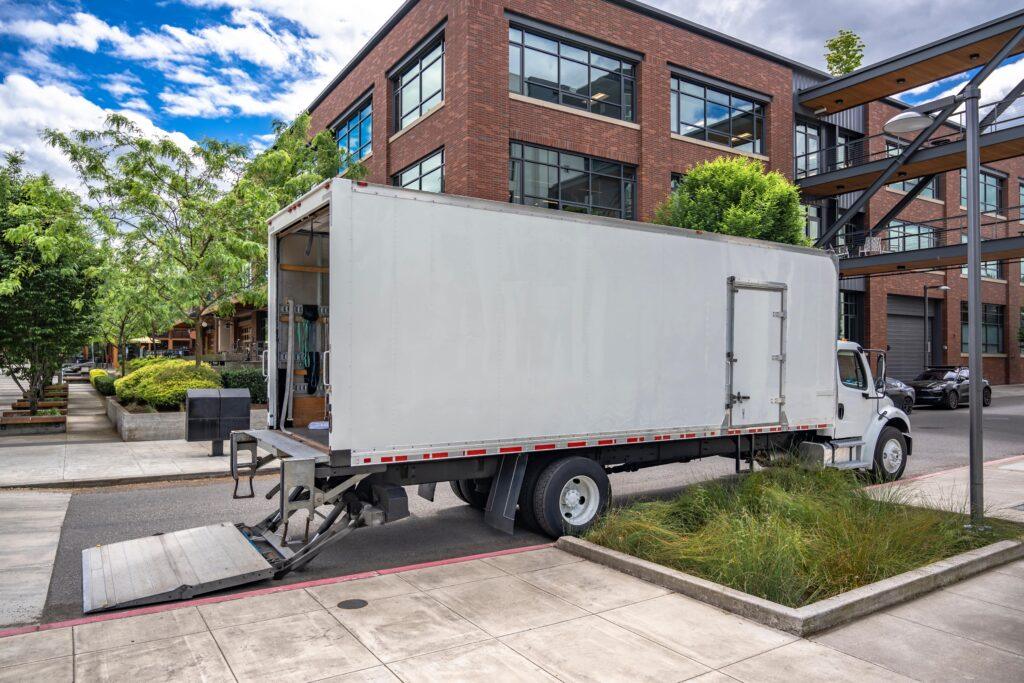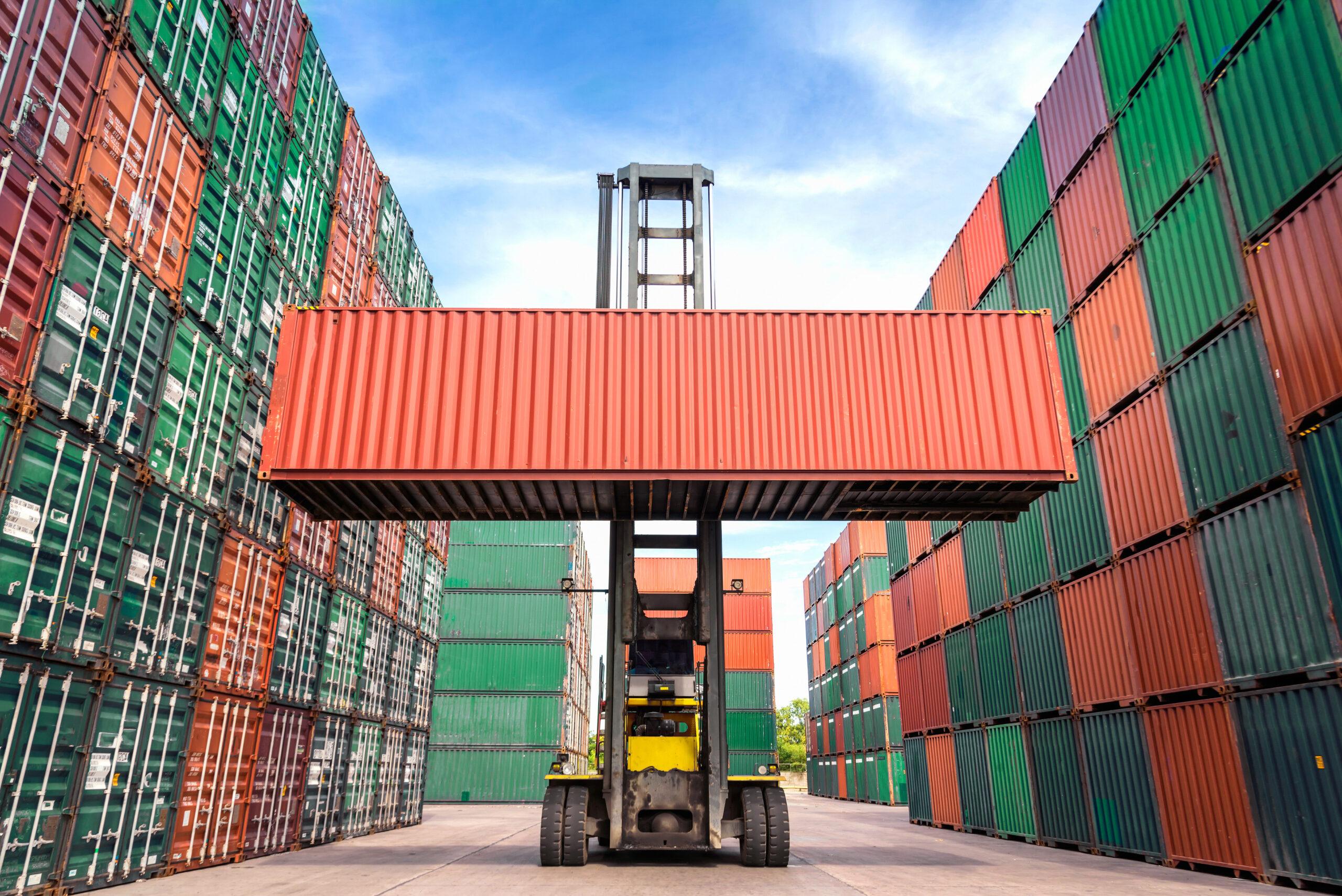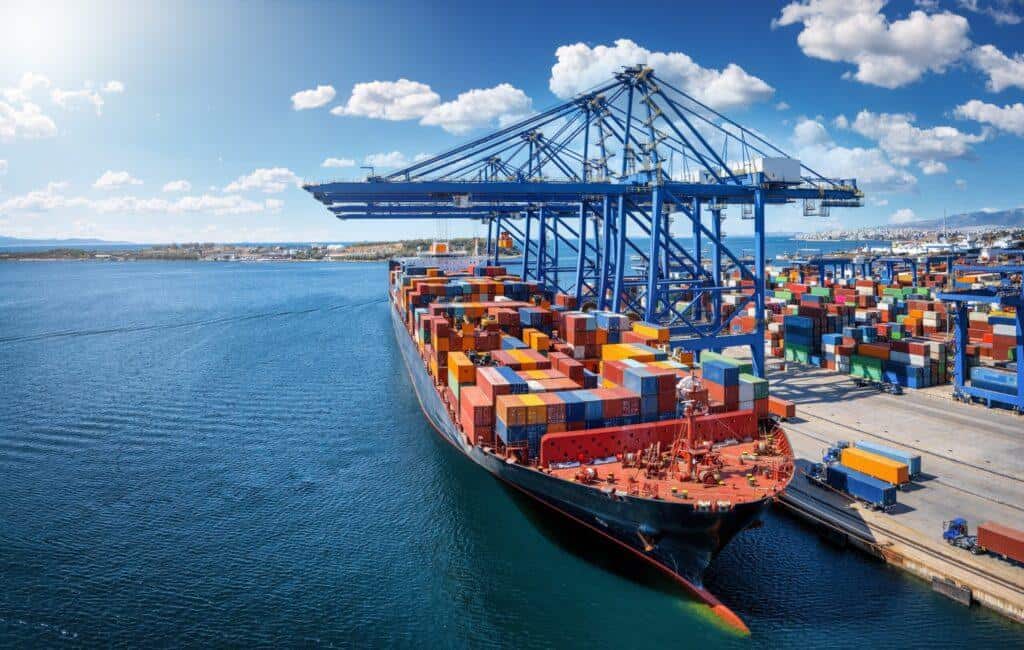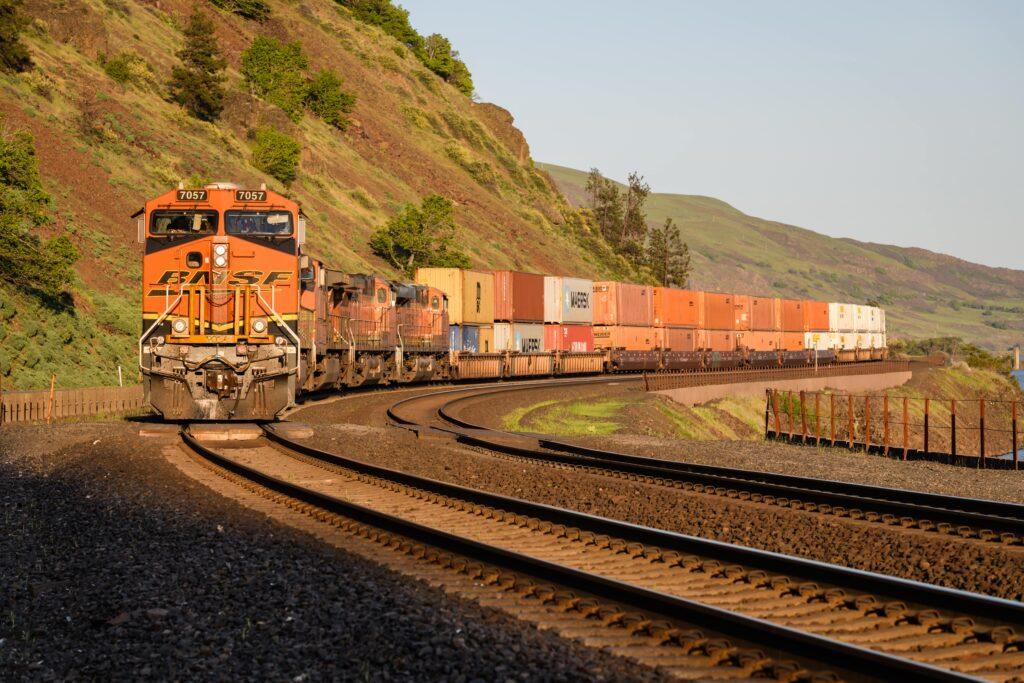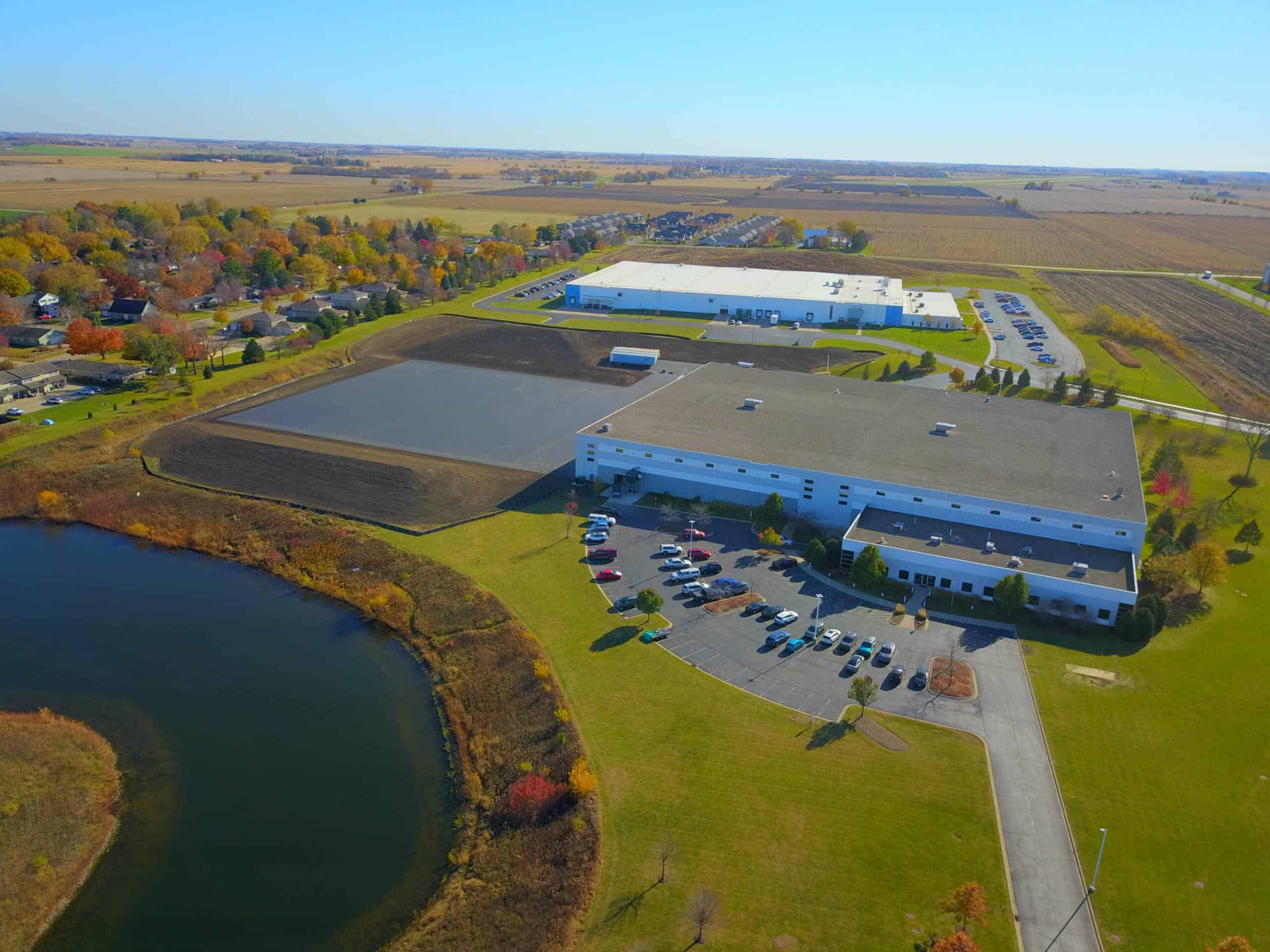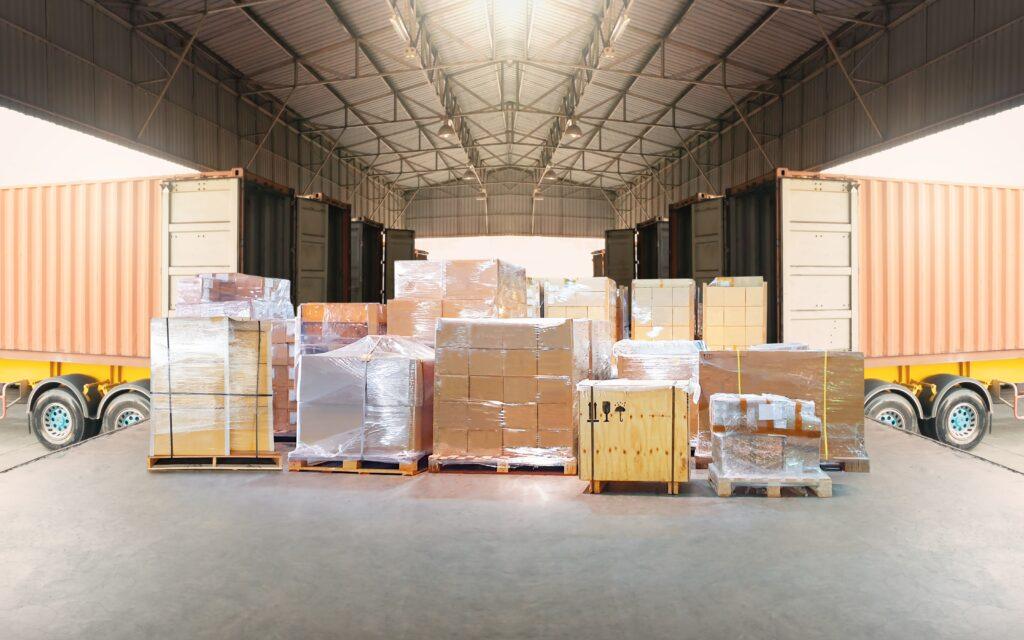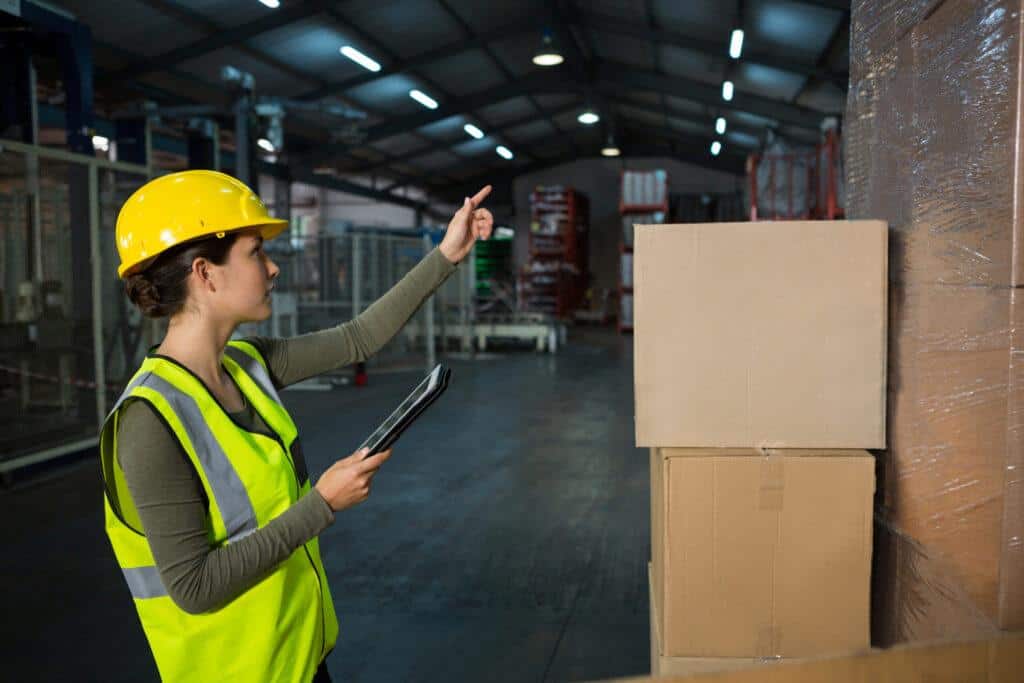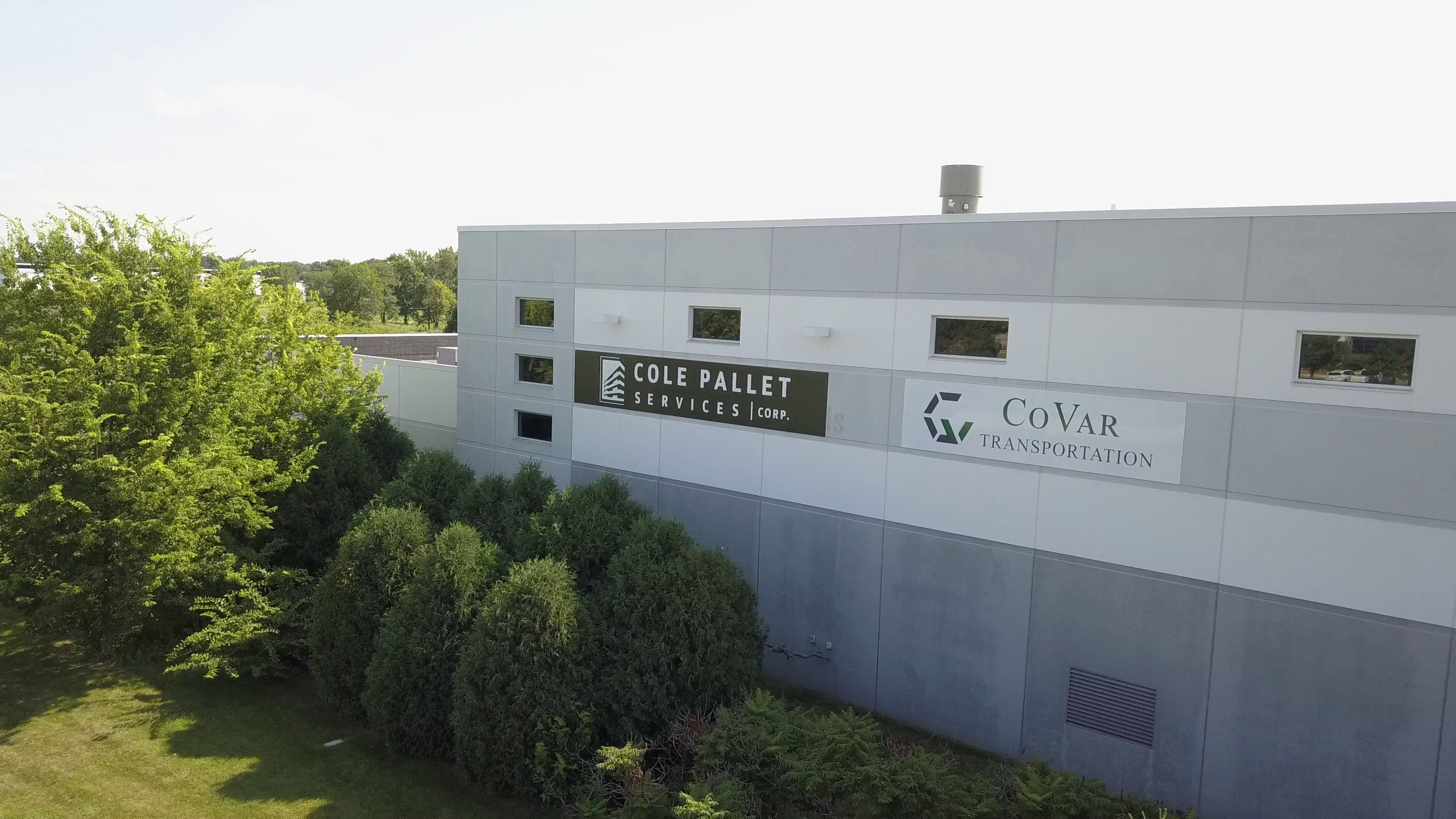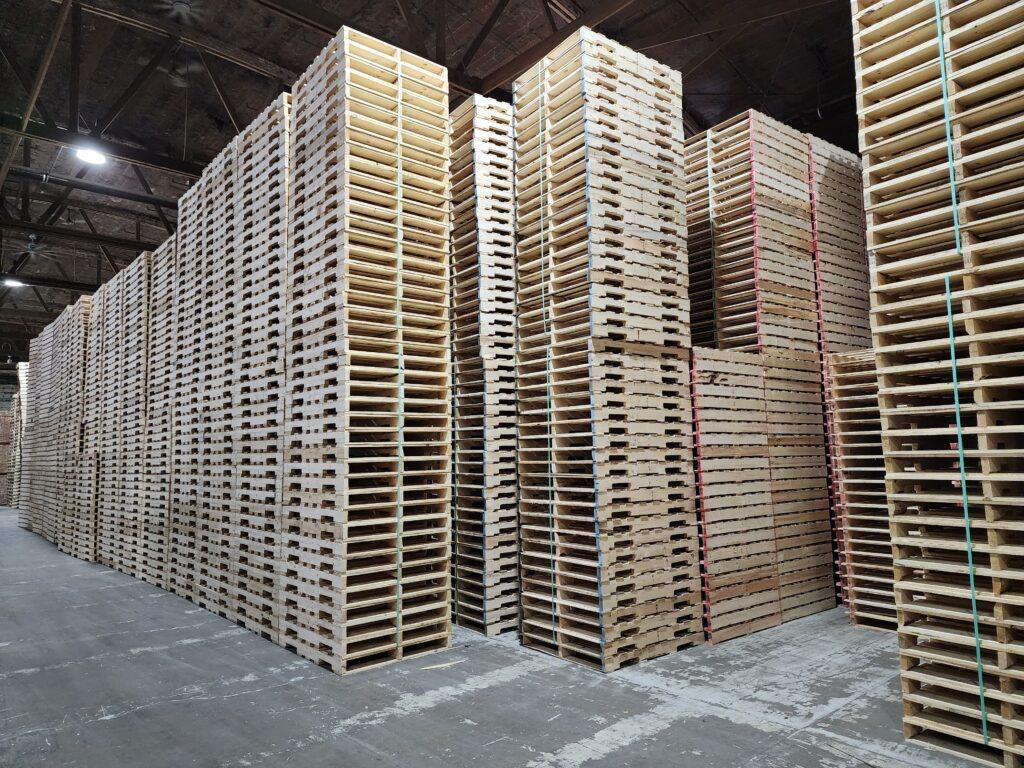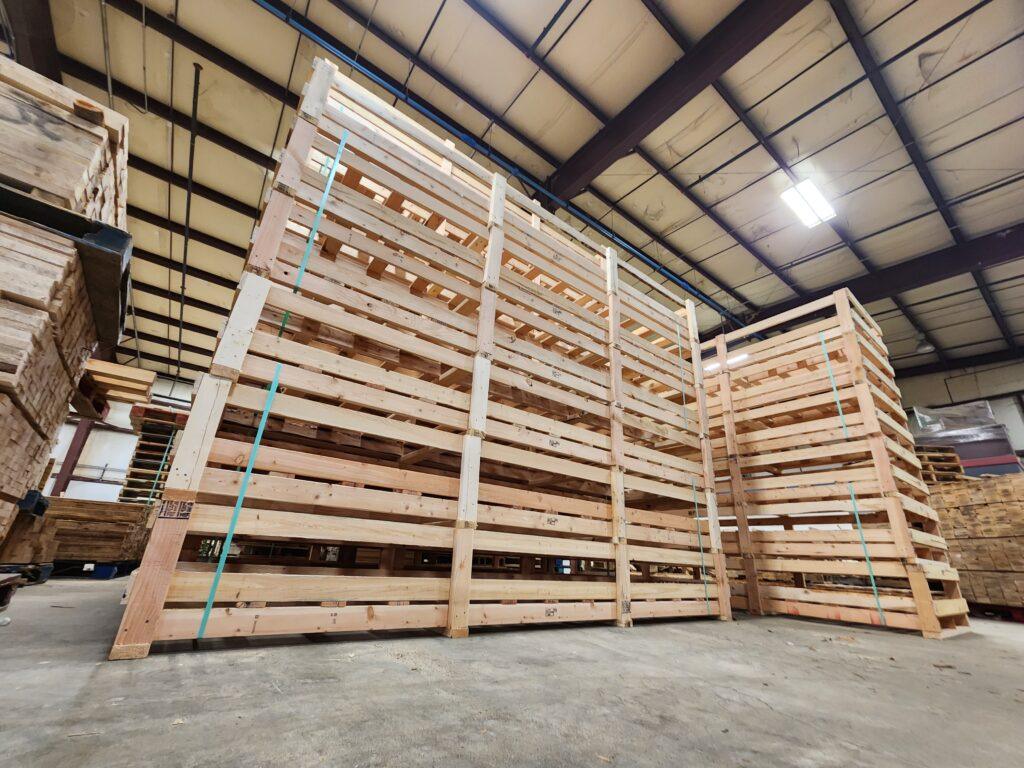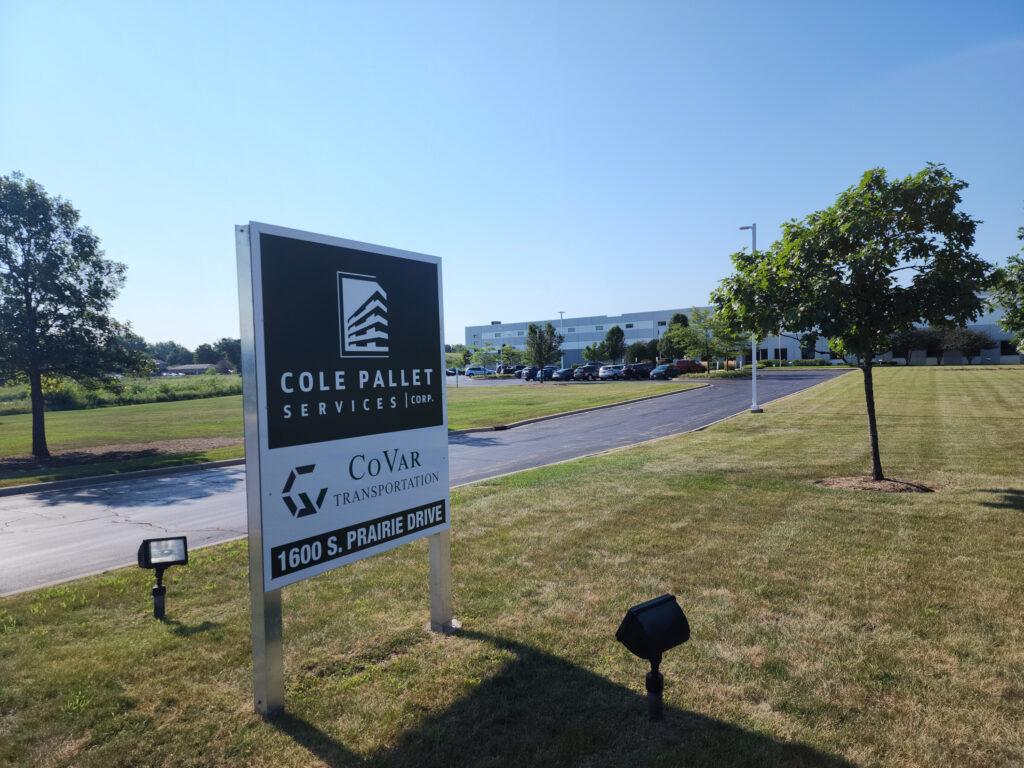WASHINGTON — An agricultural group is warning federal regulators that the Trump administration’s crackdown on foreign truck drivers is causing confusion at state agencies that could threaten the flow of essential farm workers needed to harvest the nation’s crops.
The Federal Motor Carrier Safety Administration’s interim final rule (IFR) aimed at non-domiciled commercial drivers includes a critical exemption for H-2A farm workers who need commercial driver’s licenses.
But U.S. Custom Harvesters, Inc. (USCHI), an association of professional harvesters that serve American farmers, told FMCSA that states “may be confused” regarding the issuance of non-domiciled CDLs and the H-2A visa holder exemption since the IFR went into effect in September.
“Although H-2A workers are exempt from the policies that will be enacted under the IFR, many states have inadvertently begun pausing the issuance of CDLs to H-2A visa holders as they assess the impacts of the IFR,” wrote USCHI President Paul Paplow, in a letter filed with FMCSA on Wednesday.
“We are asking FMCSA to clarify to states that the H-2A program is exempt under the IFR, which will permit officials to issue CDLs to those individuals.”
USCHI, established in 1983, serves farmers by providing grain, forage [grasses harvested for livestock feed] and cotton harvesting services across multiple states.
“Our workforce must be able to safely operate heavy duty harvesting equipment and drive commercial trucks as we move the equipment along an itinerary, typically over the course of a nine-month period of time,” Paplow told FMCSA.
The group estimates that about 30% of its employer members use the H-2A program, which it said accounts for over 75% of the total harvesting workforce.
USCHI cited data from the Department of Labor estimating that over 5,600 H-2A visas were issued to heavy and tractor-trailer truck drivers in fiscal year 2024, and that more than 391,000 H-2A workers were certified that year.
“This speaks directly to the important role H-2A workers play for the domestic and agricultural sectors,” Paplow noted. “We therefore encourage FMCSA to ensure that the exemption for H-2A visa holders remains in the IFR.”
USCHI is also pushing FMCSA to recognize another critical labor force not exempted in the IFR: the growing J-1 Visa Exchange Program, which is designed to “promote the interchange of persons, knowledge, and skills, in the fields of education, arts, and science,” according to the U.S. Citizenship and Immigration Services.
“While not as prevalent as H-2A workers, J-1 visa holders support critical functions across the custom harvesting industry,” Paplow asserted. USCHI estimates close to 100 J-1 workers are currently sponsored by its members.
“We are respectfully requesting that FMCSA include J-1 visas as an exempted category for CDLs within the IFR, similar to those granted to the H-2A program.
“J-1 visas play an important role for USCHI members and the entire agricultural industry and it is important that FMCSA consider the potential impact this IFR would have on the labor supply chain if they are not exempted from the promulgation of rules proceeding the IFR. We greatly appreciate your attention to this matter.”
Related articles:
- DC court blocks FMCSA’s non-domiciled CDL rule
- CDL overhaul tailspins Ukrainian truckers
- Non-Domiciled CDL Emergency Rule could cause capacity crunch
Click for more FreightWaves articles by John Gallagher.
The post Crackdown on foreign truckers threatens US farm labor appeared first on FreightWaves.
Fuente: https://www.freightwaves.com/news/crackdown-on-foreign-truckers-threatens-us-farm-labor
